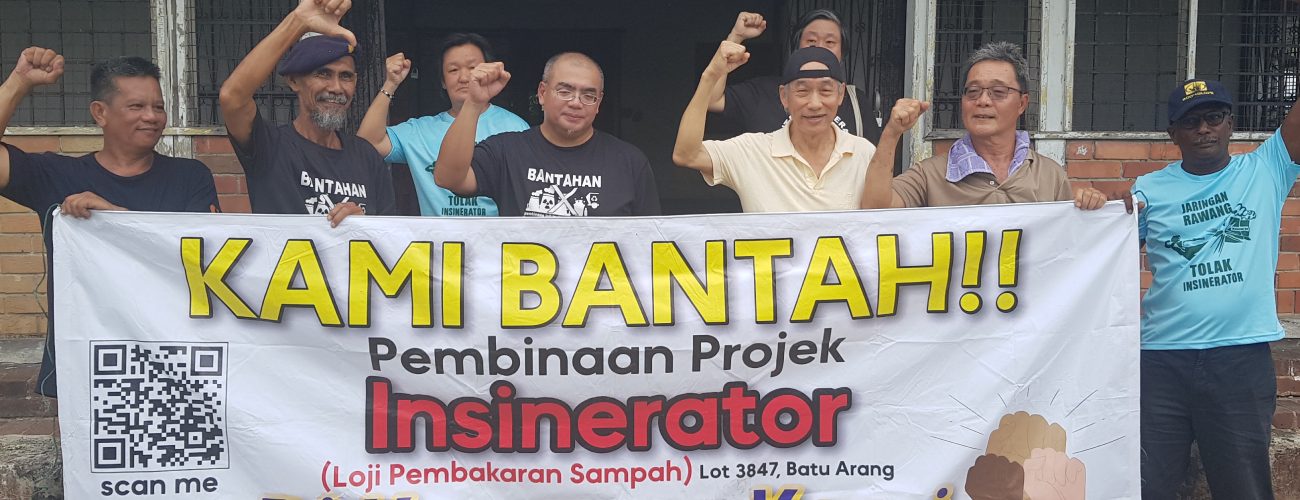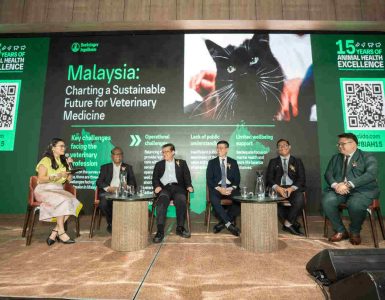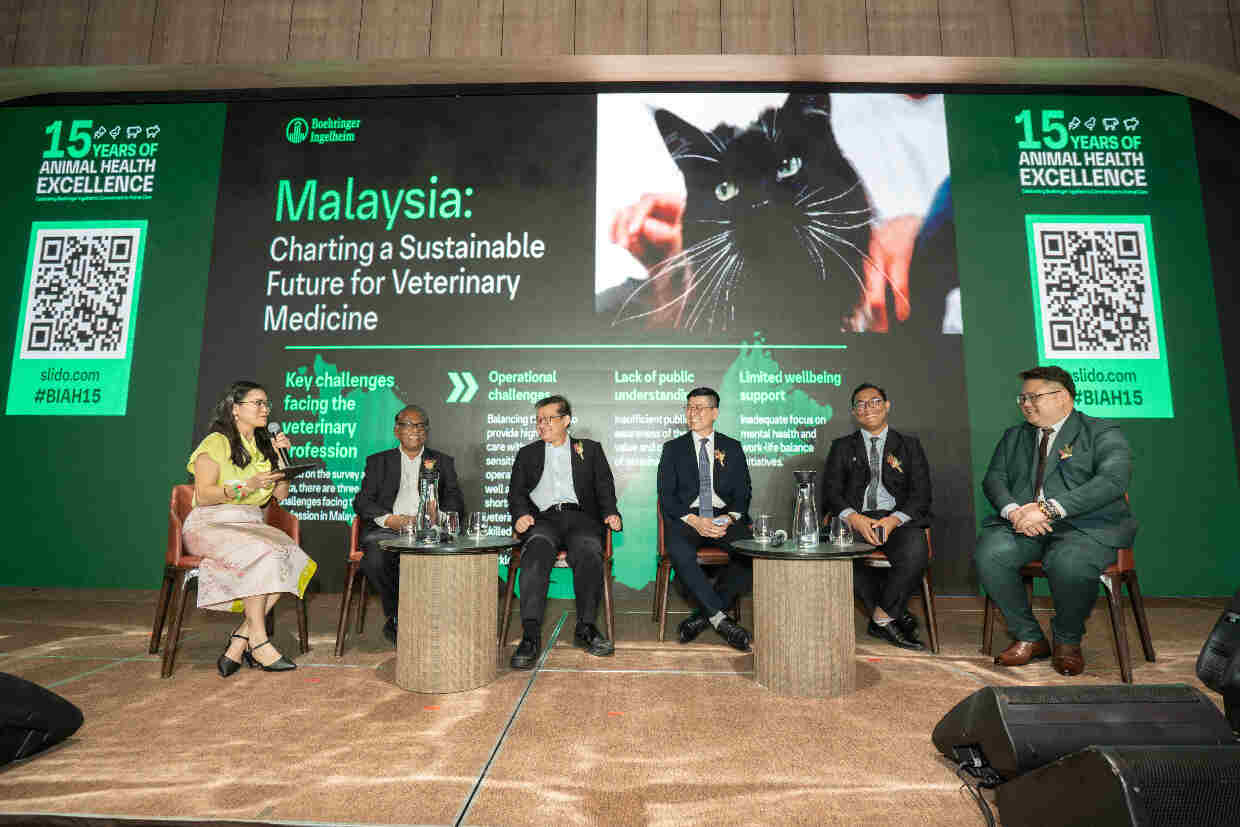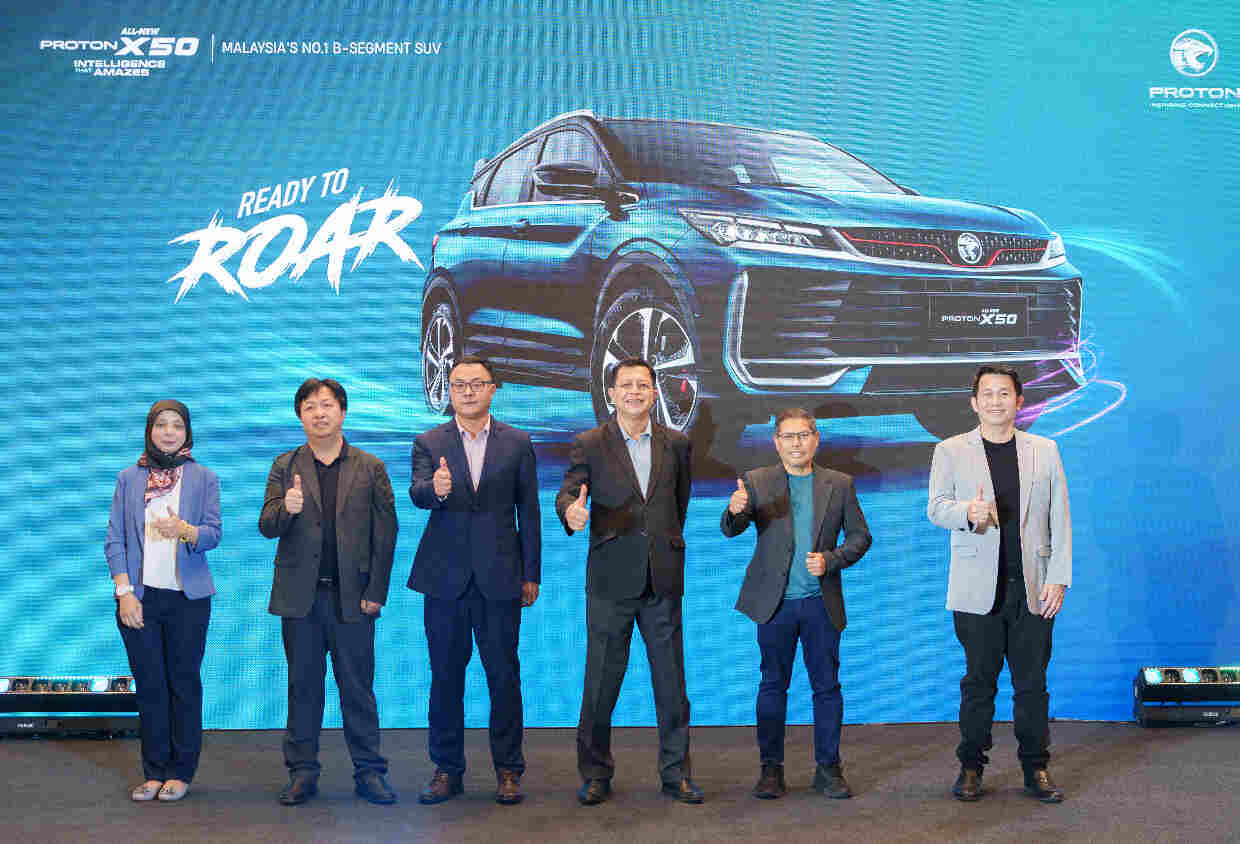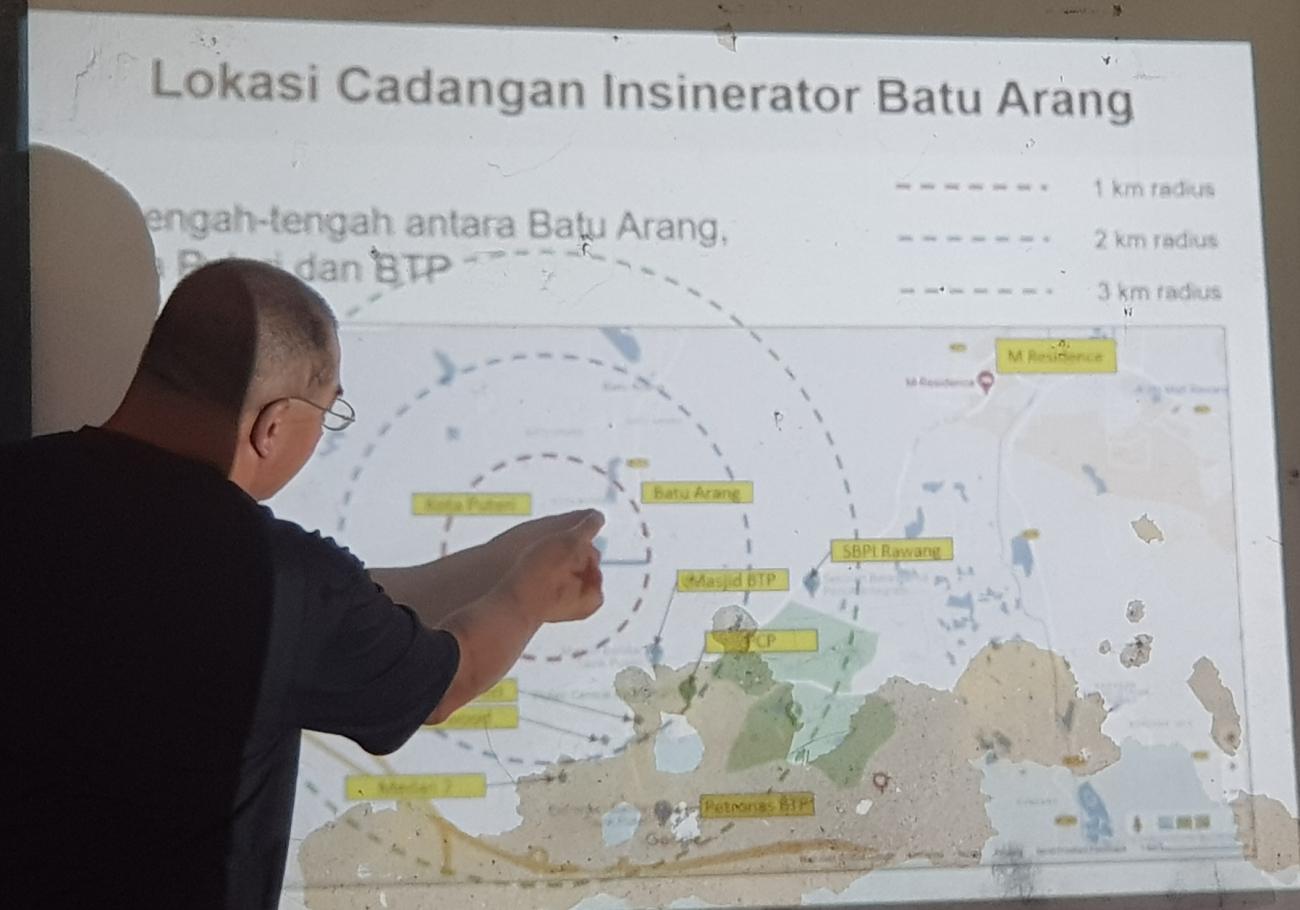
A group of residents and NGOs in Rawang, Selangor, are mounting a strong challenge against the proposed construction of a waste-to-energy (WTE) facility in their neighbourhood.
The Jaringan Rawang Tolak Insinerator (JRTI), representing residents within a 5km radius of the proposed site, is demanding transparency and a meeting with the Selangor Menteri Besar to address their concerns.
Lack of transparency fuels Rawang resident’s anxiety
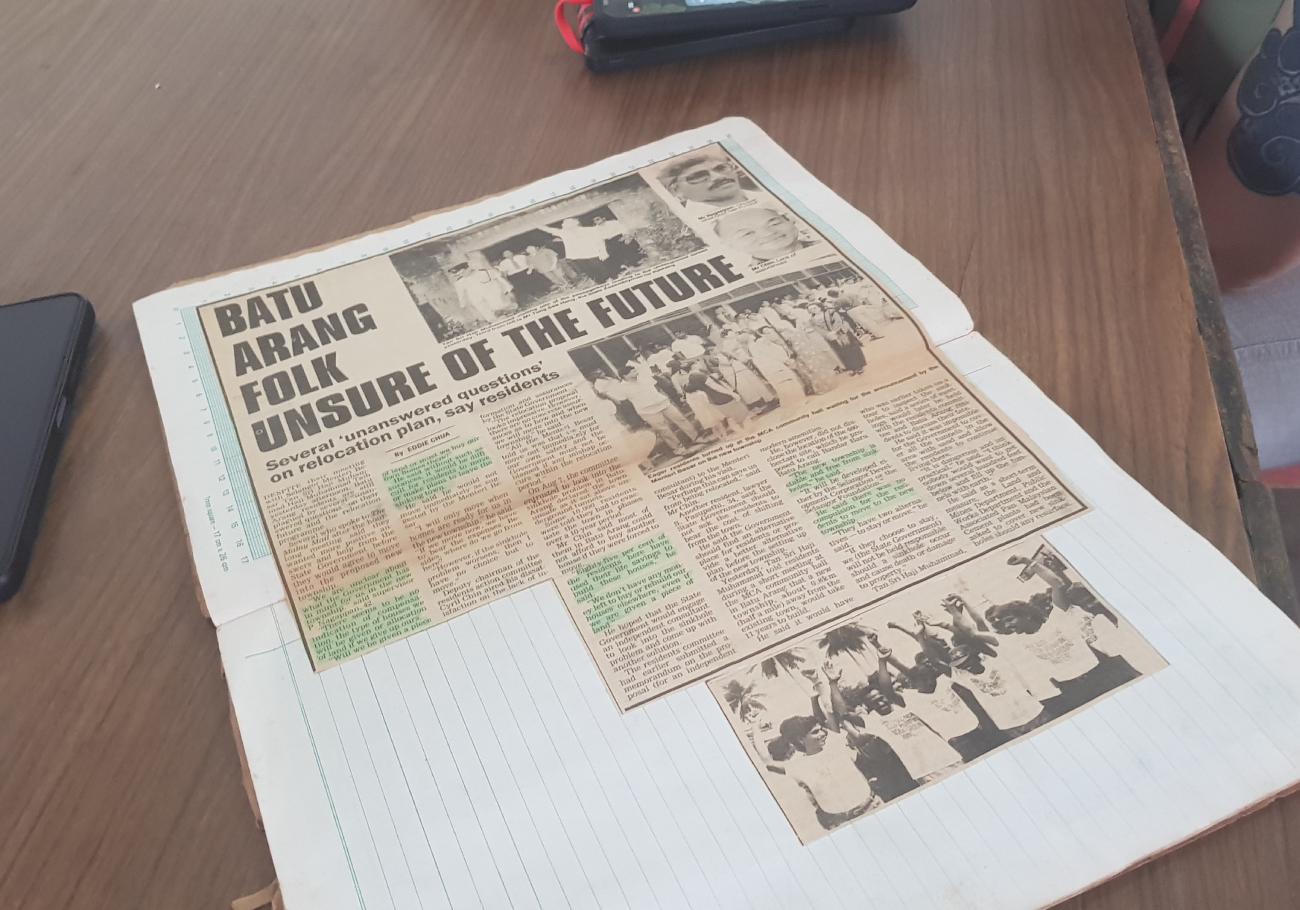
JRTI spokesperson Abdul Hanan Abd Mokti highlights the lack of communication from the state government.
“We’ve written to the Menteri Besar several times but haven’t received a response,” he states.
Residents are also unclear about the technology involved, raising concerns about potential health risks compared to existing WTE facilities.
“The Menteri Besar only mentioned it would be a green energy plant with different technology than the 1980s,” says Hanan, “but that’s not enough information.”
Environmental and economic concerns take centre stage
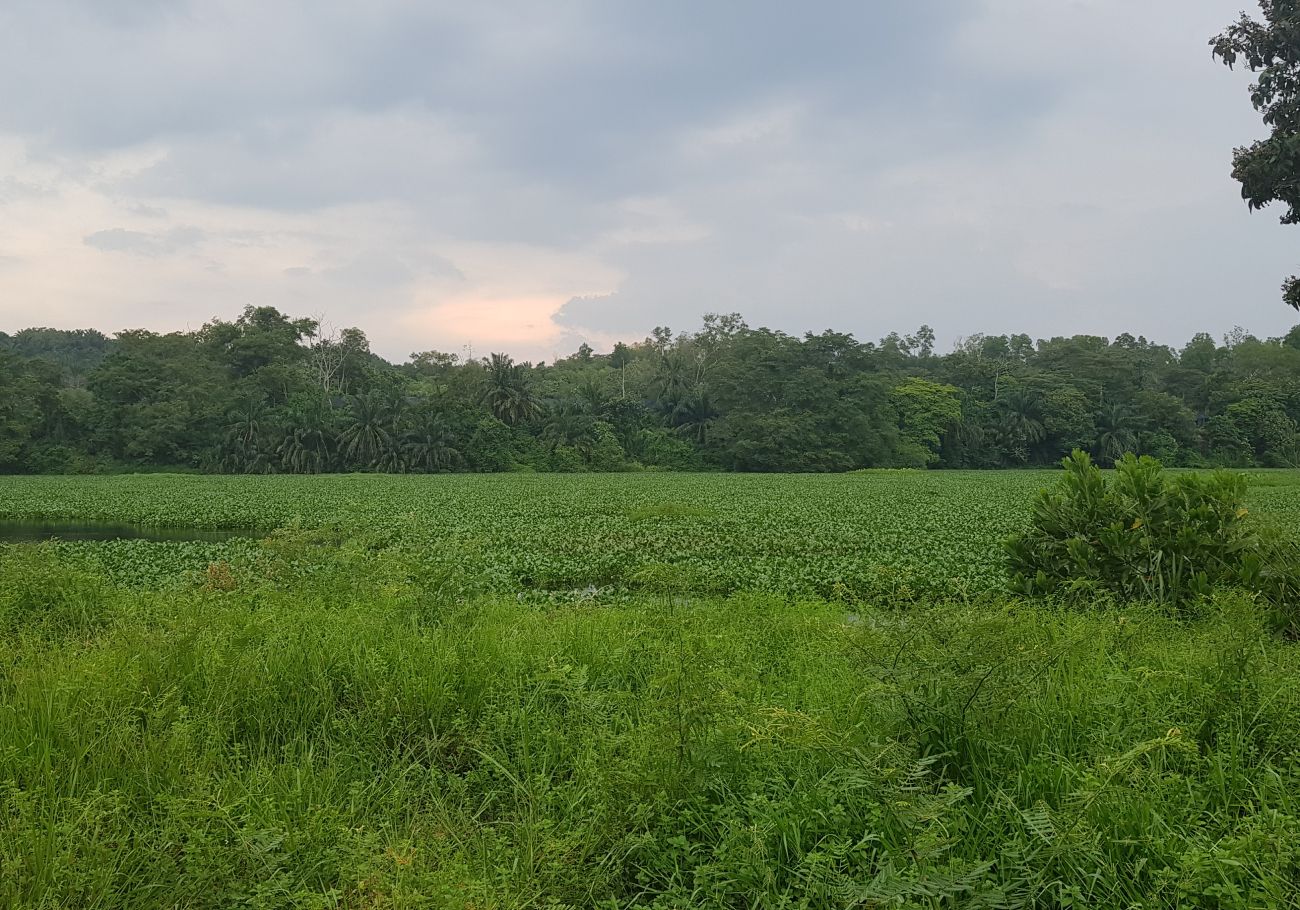
JRTI raises several critical questions about the project’s impact.
The sheer volume of waste – 3,400 tonnes daily from six local councils – raises concerns about increased traffic congestion and potential road damage.
Additionally, the project’s location on agricultural land presents an “opportunity cost,” potentially deterring further development in the area.
The group further expresses frustration over the lack of inclusion in the upcoming hearing on land rezoning for the project.
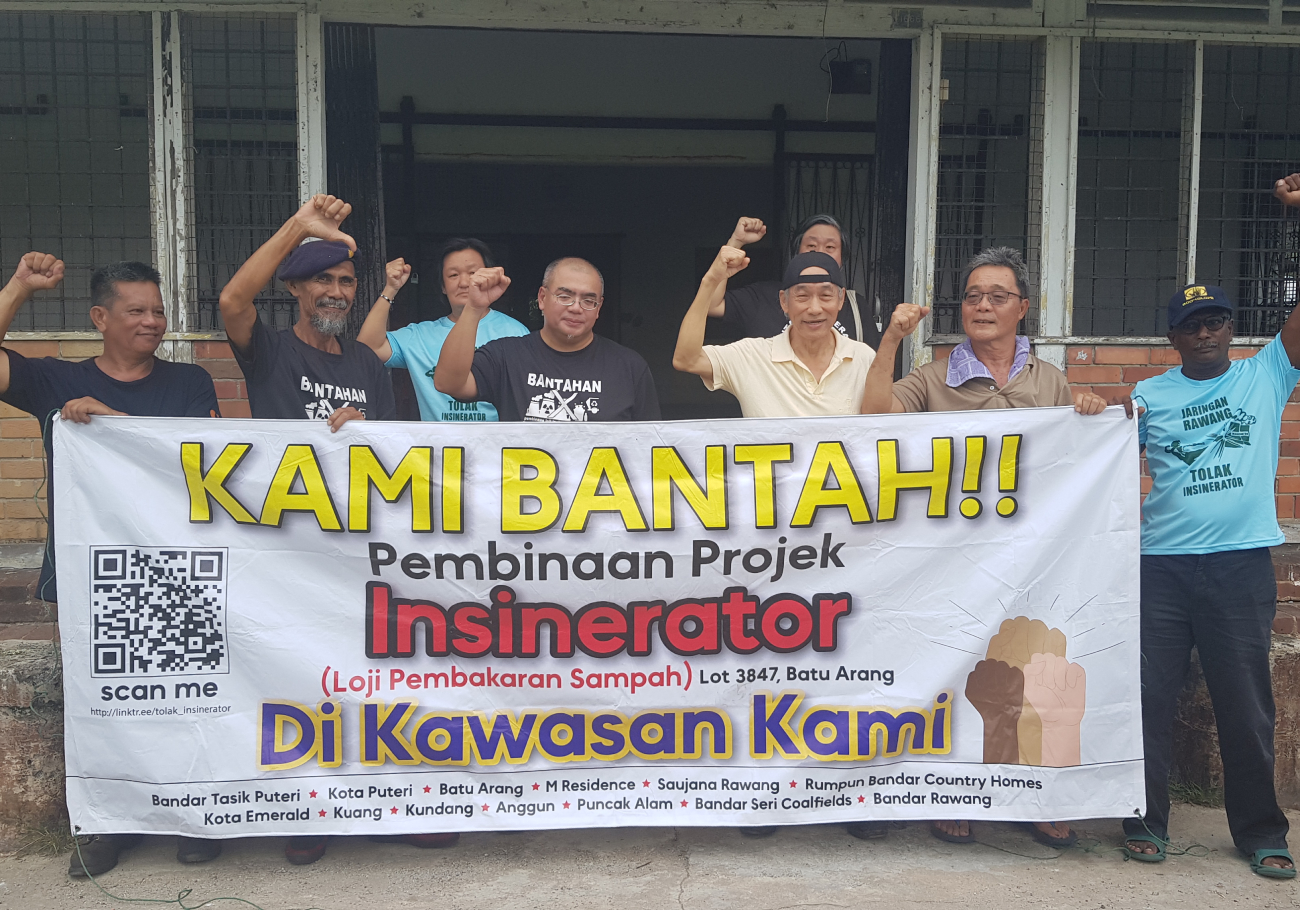
“Neither JRTI nor other stakeholders were invited,” says Hanan.
This lack of transparency fuels public distrust and calls for a more inclusive decision-making process.
JRTI seeks answers beyond the project’s immediate impact.
Questions regarding potential health risks, economic benefits, and the validity of the “green energy” label remain unanswered.
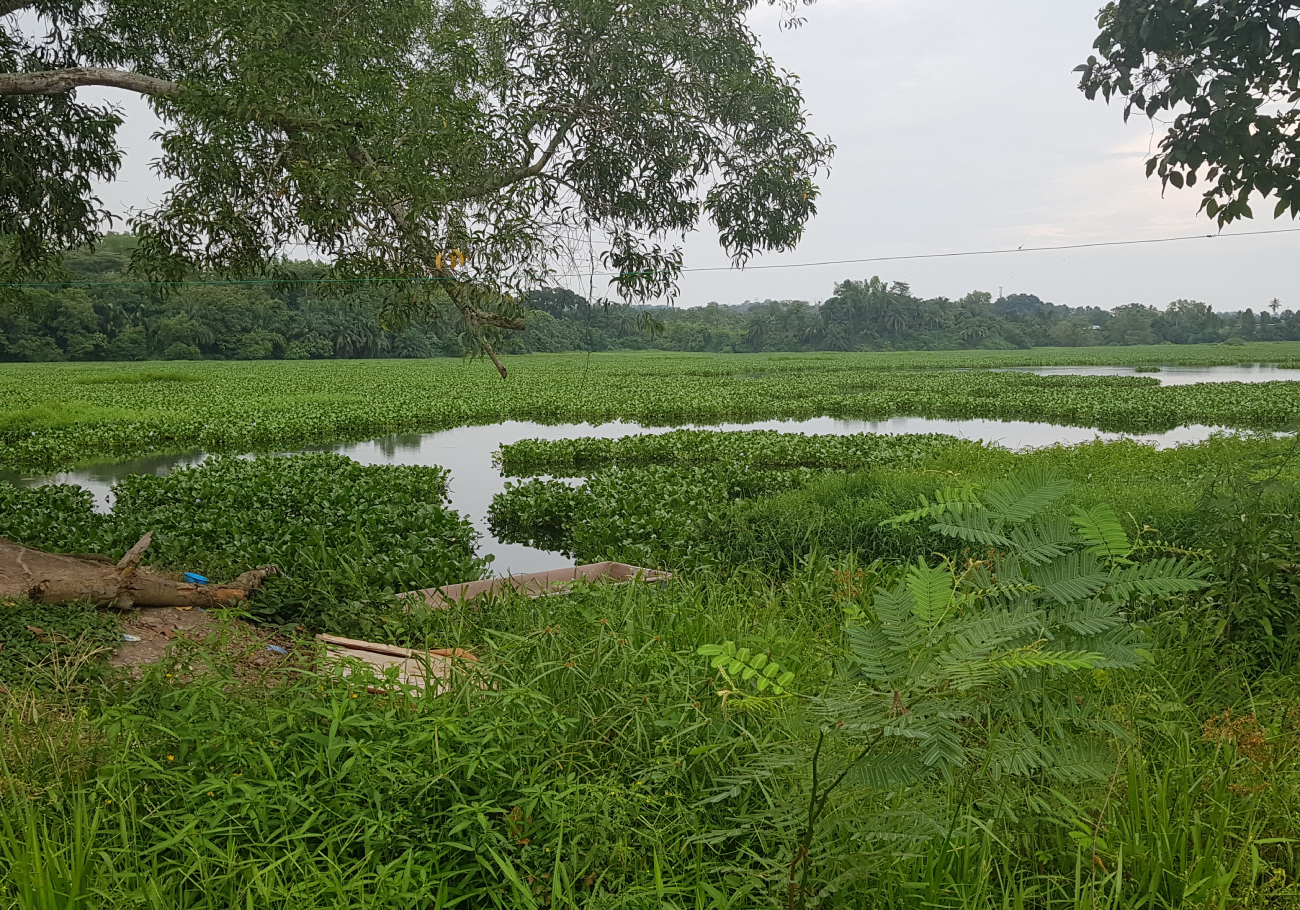
Additionally, the group questions the chosen location considering existing coal mine tunnels and the proximity to the under-utilised Bukit Tagar landfill with its renewable energy capabilities.
The residents’ concerns resonate with the recent announcement by Housing and Local Government Minister Nga Kor Ming regarding mandatory waste separation in Selangor.
This initiative aligns with a more sustainable approach to waste management, potentially reducing the need for large-scale incineration.
JRTI’s call for transparency, alongside the implementation of waste separation initiatives, underscores the need for a comprehensive and inclusive approach to a critical environmental issue.


